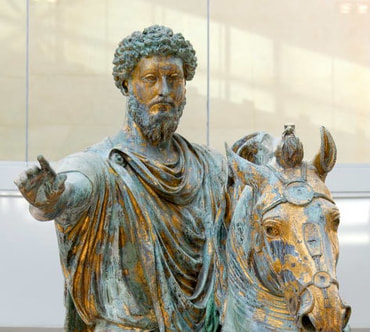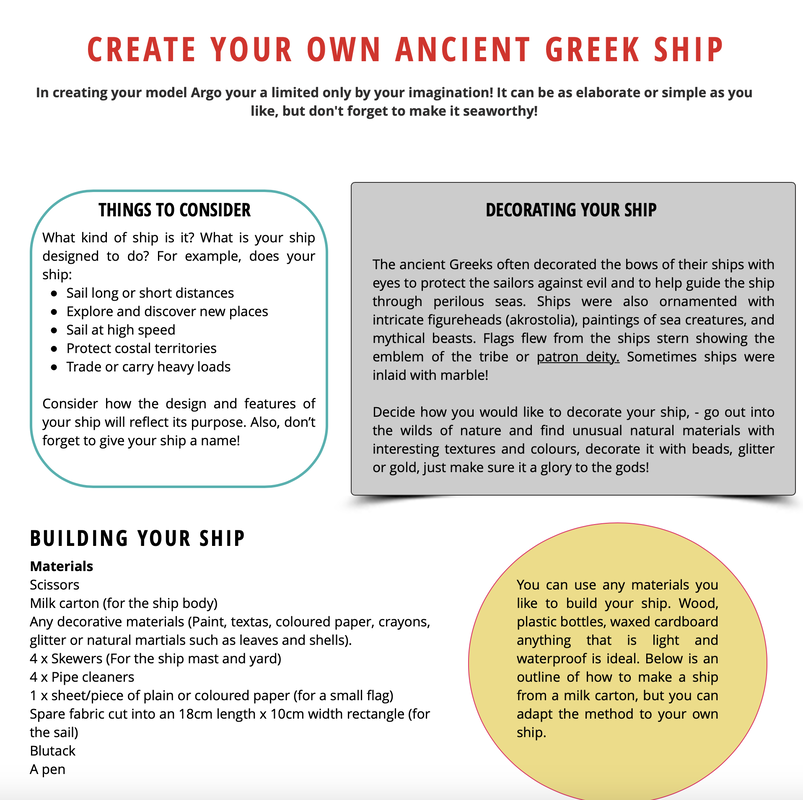 1,870 years ago, Marcus Cornelius Fronto wrote the following letter (Fronto 5.45) to Marcus Aurelius, then heir apparent to the throne of the Roman Empire: .Domino meo. Annum novum faustum tibi et ad omnia, quae recte cupis, prosperum cum tibi tum Domino nostro patri tuo et matri et uxori et filiae ceterisque omnibus, quos merito diligis, precor. Metui ego invalido adhuc corpore turbae et impressioni me committere. Si dei iuvabunt, perendie vos vota nuncupantes videbo. Vale mi Domine dulcissime. Dominam saluta. In the translation of C. R. Haines: To my Lord. A happy New Year and a prosperous in all things that you rightly desire to you and our Lord your Father, and your mother and your wife and daughter, and to all others who deservedly share your affection—that is my prayer!In my still feeble state of health I was afraid to trust myself to the crowd and crush. I shall see you, please God, the day after to-morrow offering up your vows.Farewell, my most sweet Lord. Greet my Lady. A happy New Year and a prosperous 2019 in all things that you rightly desire – to all of you! Very much the copyright of The Petrified Muse to whom many thanks. Peter Hulse
0 Comments
Merry Christmas to all readers! This is the man who taught me Latin and Greek at school, reading the Latin poems that he wrote at a Summer school in Sicily. Studying Classical languages keeps you young! You can learn more about the Summer School here.
 I meant to post this early. However, I've seen nothing about it recently, so perhaps it's not too late: I spent years as a Classics teacher telling children that Pompeii was destroyed by Vesuvius in AD 79. Wrong it seems: In October the news broke that it had actually disappeared in October! All of this is well explained on this excellent site: The (well-named) Petrified Muse! Click the link to read more. The graffito in question has been interpreted as follows: A translation of the above might go something like this: 'On the 16th day before the Kalends of November [i. e. on October 17th] s/he gave free rein to her/his hunger to the max.' (Translation: Peter Kruschwitz). Whether or not this means that the Cambridge Latin Course has got to rewritten, is a matter for discussion. As far as I know (and that could be very wrong), nobody has commented on the actual Latinity of the written of this. Apart from the fact that there doesn't seem to be a good parallel for pro masumis meaning 'to the maximum,' esuritio meaning 'hunger, appetite' is a very rare and literary word. It occurs first in two of Catullus' more scabrous poems: 23.14 and 21.1, where the context makes it clear that the 'hunger' and 'appetite' under discussion may be for more than food! Such an interpretation would put the scribble directly in the tradition of Pompeian graffiti that show the population of Pompeii had a more than passing knowledge of contemporary literature. Was Catullus dining that night in Pompeii?
Peter Hulse Given that the best film ever made about a Greek myth will probably be on the T.V. at Christmas: Jason and the Argonauts, you might be interested in investigating this site (and its preposed activity), if things get a bit desperate round about Boxing day: Click on the image to learn more. Happy' Argonauting'. Be careful in the Black Sea, if you decide to set sail in your Argo:
|
Sheffield branch of the Classical Association, founded in 1920
Archives
November 2023
|




 RSS Feed
RSS Feed
